Claire Warden is Three Women's intimacy coordinator—a crucial role given the show's focus on female sexuality. Before taking on a behind-the-scenes position, Warden acted in projects such as Quantico, I Can I Will I Did, and High Maintenance. She also serves as the intimacy coordinator for the Rachel Zegler and Kit Connor-led musical, Romeo & Juliet, which opened on Broadway on October 24 and will run through February 16.
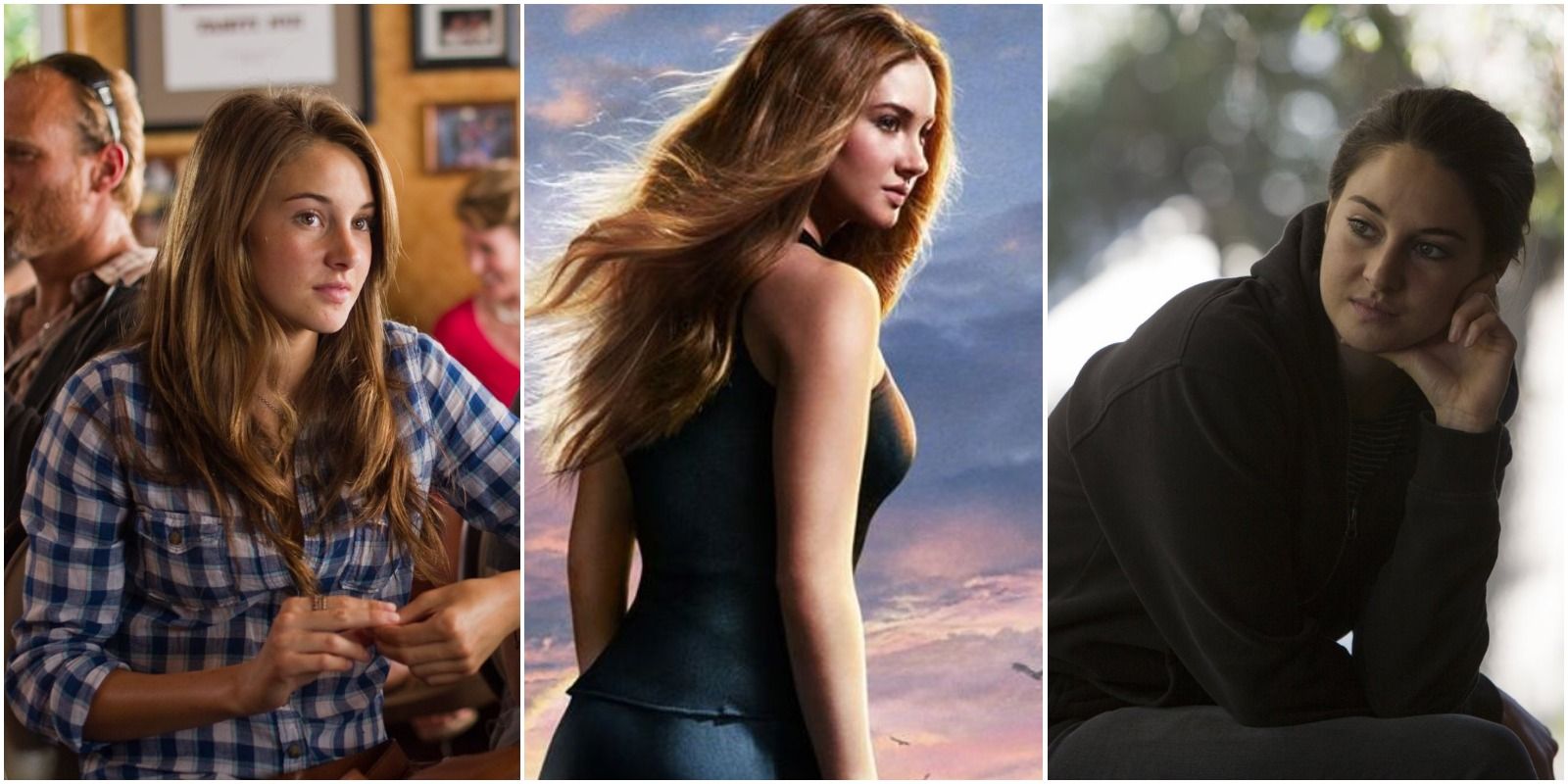
Related
Shailene Woodley’s 10 Best Movie & TV Roles, According To IMDb
Shailene Woodley is one of the most talented young actors in Hollywood. These great films and TV shows she starred in are proof of that.
Screen Rant interviews Warden about establishing trust with the Three Women actors, the importance of each character's sexual journey, and the difference between creating intimate scenes for film versus theater.
An Intimate Scene Is A Specialized Piece Of Storytelling, Says Warden
"I think there's a lack of understanding of the demand on the actors that an intimate or nude scene has."
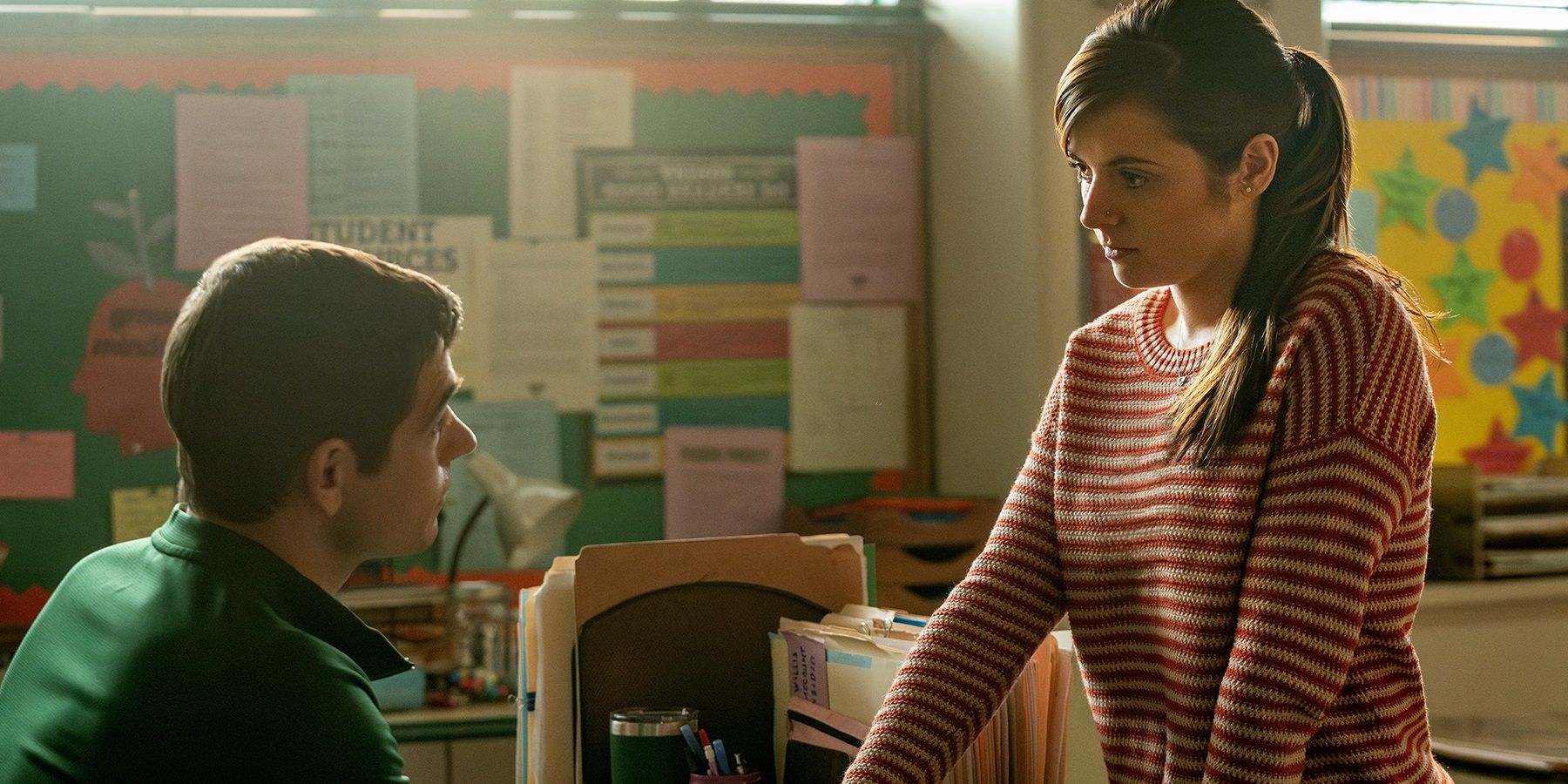
You were an actor before you were an intimacy coordinator, so what inspired you to pursue a new type of role in the industry?
Claire Warden: I began as an actor. This discipline of intimacy started in theater, so I had heard about it, and it was really a lot of my skills and understanding that I gained as an actor, and I'm also a fight director as well, and I also teach and coach acting. That combination of skills really helped to enhance the creation of the discipline of intimacy direction, which then we moved on to transfer across to intimacy coordination and work on camera.
Once I'd realized the beginnings of it and started to work in it, it became very clear that this was a really important thing for an industry that I had deep commitment to and love for, and that it was going to take an enormous amount of energy and time and commitment and courage to bring this to the industry and to actually put the force behind it to make change. So it became clear that that was going to need a lot of dedication of my time and my energy, which I felt was a purpose and a movement that I was willing to do. I kind of moved away from my acting for a moment to dedicate my time to creating and bringing this to the industry.
What do you feel the biggest misconception is about intimacy in television and film?
Claire Warden: That's a good question. I think that one of the biggest misconceptions from people outside of the industry is just what it's like to film an intimate or a nude scene and what actually happens, how long it takes, and how many people are involved. As an audience member, you sit and watch a two-minute scene in which you see flashes of someone's body and something that looks a lot like sex.
Without knowing the process, you either assume that they're actually doing all the things it looks like, which they're not, but you don't realize it might have taken us five to seven hours to shoot that with hundreds of people working in the background and on that actual set, seven to twenty people depending on the needs of the scene, and that those actors had to do that multiple times from different places with the camera in different places in the room. I think there's a lack of understanding of the demand on the actors that an intimate or nude scene has.
I also think there is a misconception or a judgment, perhaps, because sometimes the story of intimacy is a large part of a role, or even a small part of a role, or it's just part of the actor's job like everything else, and they should just get on with it without understanding that it is, in a way, a heightened level of acting like doing a stunt is, like working with an animal, like doing a water scene. It's a specialized piece of storytelling that needs consideration and protocols and structure in place in order to make sure that the actor can do their best work while not being depleted from or not being harmed in the process.
Three Women's Intimate Scenes Are Tailored To Each Unique Character Arc
"They would all look different, they would all be created differently, and they would all have different story points and show different experiences."
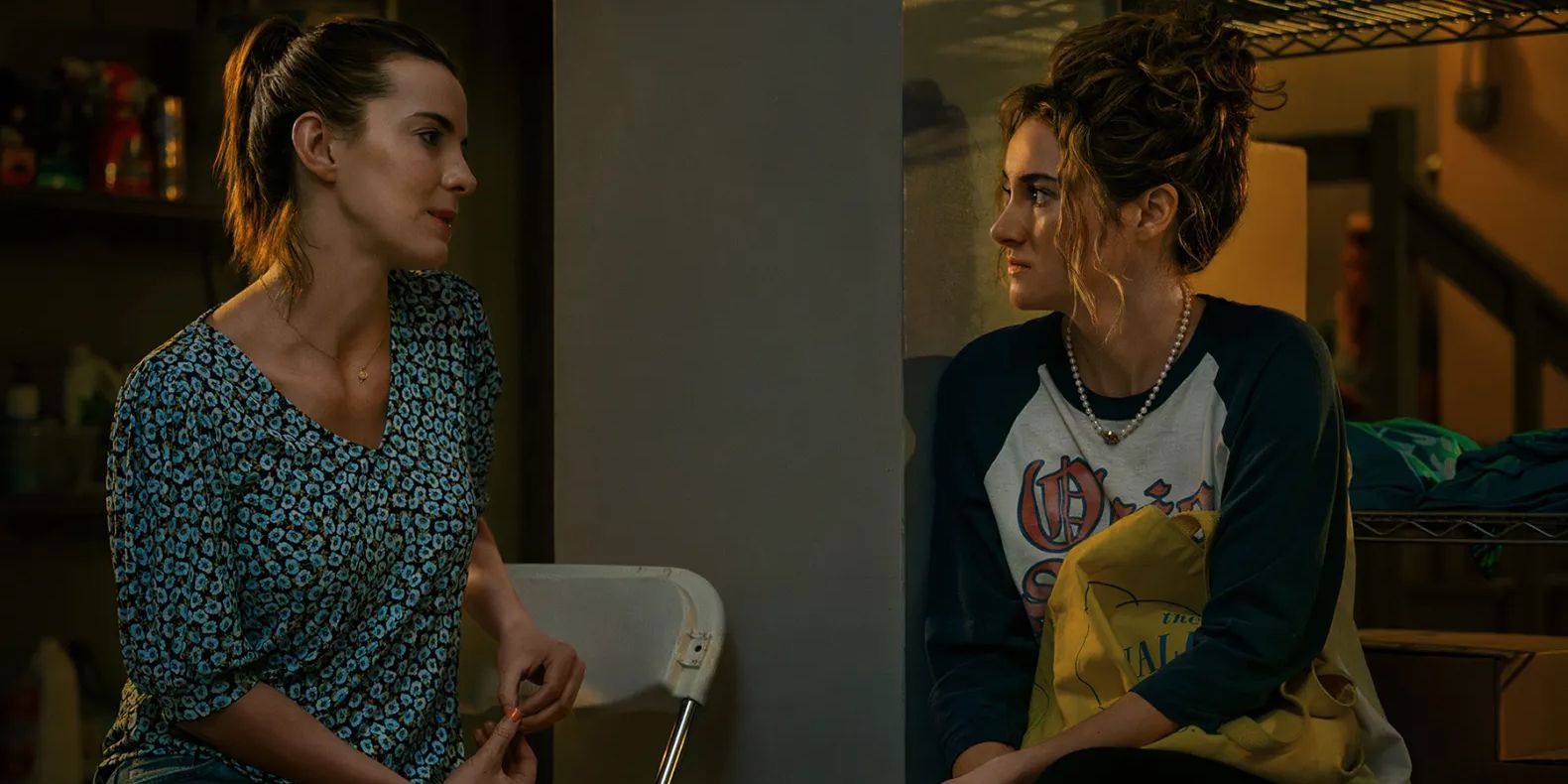
What, in particular, stood out to you about Three Women?
Claire Warden: I think what's so wonderful about Three Women is that each of the, in fact, the four women, because we also have Gia as a character as well, is that the journeys that we see are so interwoven with their history and experience of intimacy and of sex. It's part of the story as opposed to a scene that's just kind of thrown in there occasionally for titillation or just because, "Oh, and they also do this thing."
The way that Lisa had captured the deep humanity and the breadth of the experience of these women, both in the original book, but also in the script as well, it was such an exciting opportunity to really contribute to telling an authentic, nuanced, and really courageously truthful story about women's experience of their bodies, of other people's bodies, of pleasure, of sensuality, of sexuality, and how it's knit into their lives, and how it informs their lives. I don't think we've actually had an example of that before, especially in television.
I think the determination to tell the truth in all of its range of beauty and ugly and joy and pain and release and the prison that it keeps us in is such an exciting thing that I think is vital for, not only all women out there, and all men, and all genders in between, it's a deeply human story that I think we can see each other in, we can be seen by, we can see things that we know, and we can see things we've never experienced. It grows us as humans and people in society together to watch these stories unfold.
As you were saying, the characters in Three Women have all experienced something different. How did you want their intimate scenes to reflect who they are and what they’ve been through?
Claire Warden: What was so wonderful about the team, our showrunner, Laura Eason, and Lisa Taddeo, our writer, as well as all of our directors and DPs who were all female, was the conversations we had right at the beginning. They brought me in at the beginning for the creative conversations because it was clear that the track or the arc of the intimate stories had to be so specific and so tailored to these people. They would all look different, they would all be created differently, and they would all have different story points and show different experiences.
We had four very distinct tracks of each of the women in which we were able to really craft their story alongside all of the other things that happened to them that we followed throughout the episode. So we built the whole life story and their intimate story together with great input from the actors that were playing them, so that we could really knit it vitally into the story. There was a lot of conversation at first about what of these women's experiences do we as the audience learn by watching these moments of intimacy, by watching these moments of sex, by watching moments where we see their bodies?
How are we going to allow the camera, and therefore the audience, to see their bodies? Where are we going to put the camera to really honor the experience they're having as opposed to ever being sitting back observing them or objectifying them or removing ourselves from their experience? We really wanted each storyline to be open to and invite in the audience, regardless of who you might identify with. I think everyone's like, "Oh, yeah, I'm a Lina," or "I'm a Lina, but I've got a little bit of Sloane in me sometimes." We wanted to really make those very specific and nuanced.
Warden Crafts Intimate Scenes By Uplifting Actors' Agency And Respecting Their Boundaries
"You actually give an opportunity for even more vulnerability, for even deeper acceptable risks, for even more powerful and connected storytelling."
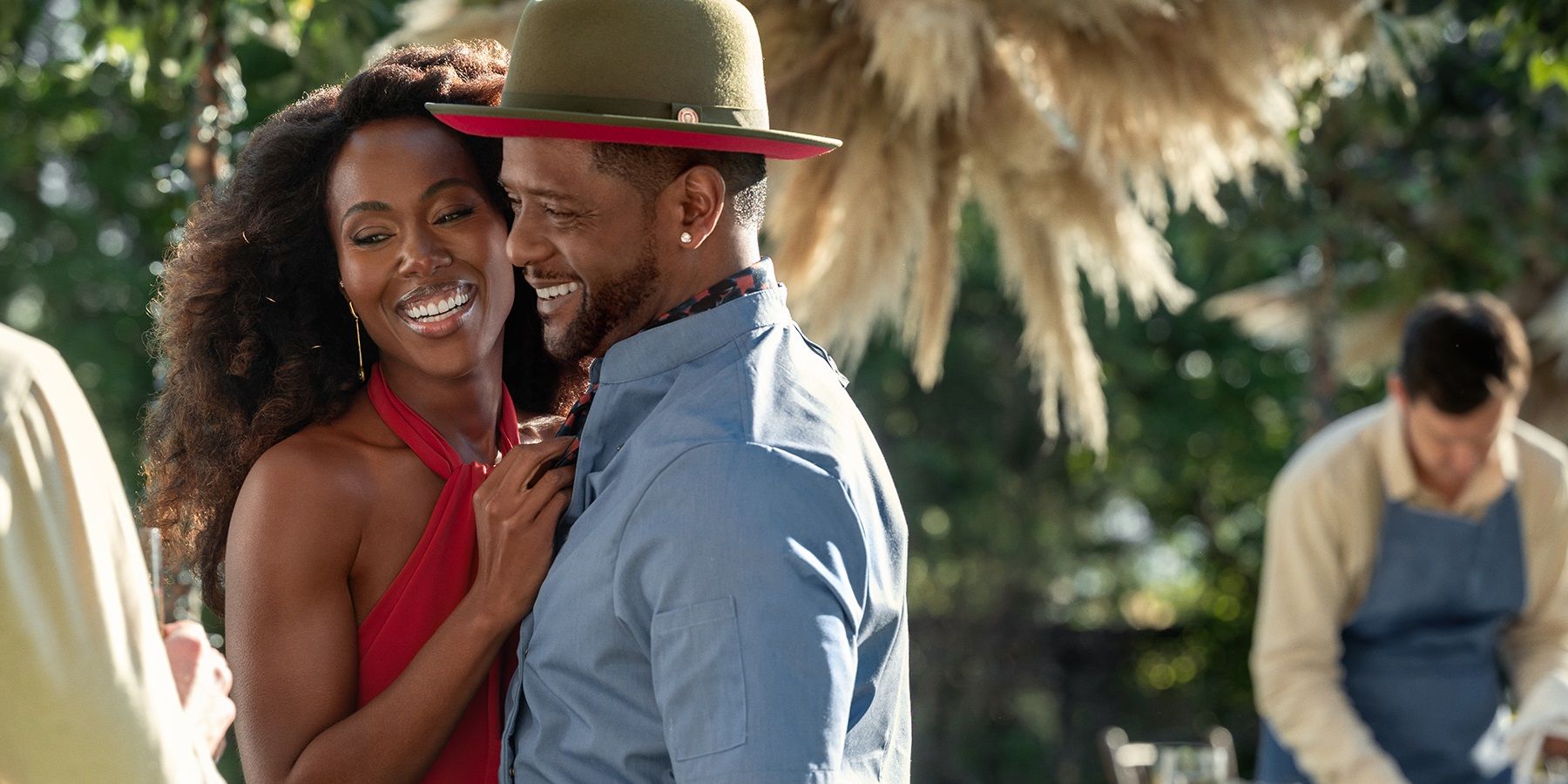
Obviously, it can be scary to portray intimacy on screen, so how do you go about creating an authentic performance while still making sure the actors feel comfortable with everything they’re doing?
Claire Warden: Yes, it is scary sometimes be vulnerable. I think what also adds to the fear is that all of these actors have been, up until now, working in a system that is not set up to make space for their agency, their consent, and their input into what's done to their body and how it's seen. In fact, it's a system that's actively set against that, to not allow that, to shut that down.
Part of it is about building the trust for them and putting in place protocol, structures, and a way that we approach the scene that, above everything else, uplifts their agency, fully accepts their boundaries, whatever they might be, and crafts the way that we create these scenes around their consent, their boundaries, and what they want to be done to or to be seen of their body.
And when you do that and when you acknowledge and honor the humanity of actors and their rights over the autonomy of their body and their agency to be a fully heard and equal part in the storytelling that they're going to do, then you can open up more opportunity for them to do their best work because they're not in the back of their mind worrying about, "What's going to happen to me that I don't think is okay?" or "I didn't really want to do this, but I feel like I should."
You actually give an opportunity for even more vulnerability, for even deeper acceptable risks, for even more powerful and connected storytelling. I think what you see in these stories is the result of actors that have been given respect and agency and, therefore, have flown in their acting in a way that they've not been able to before because part of them is in self-protection mode.
Is it ever a challenge to determine what benefits the story and what doesn't?
Claire Warden: It is an interesting thought. What benefits the story, I think, is the story being told in the most authentic and powerful way possible. What's really exciting about the creative arts and storytelling, especially on film, is that there are so many ways to tell a story. And so an actor's boundaries, for example, are simply a consideration point in how we might construct that story. So if an actor says, "That's off limits to us," then we're like, "Great, there are seven other ways we can tell the story of the thing we want."
And what matters about the story is not often like, "We have to see this part of the body or the whole season doesn't make sense." It's like in this moment when Aidan places his hand there on Lina and the experience she has—that's what we need to see. So we get really focused on, "What's the story here?" We can tell that in so many ways. How we benefit the story is allowing the actors to be fully resourced and free to tell the story. And then the technical experts like me just being like, "Great and we do it like this," or "The camera goes here," or "Actually, if we tilt a little bit here, and you use your elbow instead of your wrist, we've got the story."
Warden Pays Special Attention To Maggie's Story In Three Women
"It is such a combination of situations in that we are telling the story of a coercion."
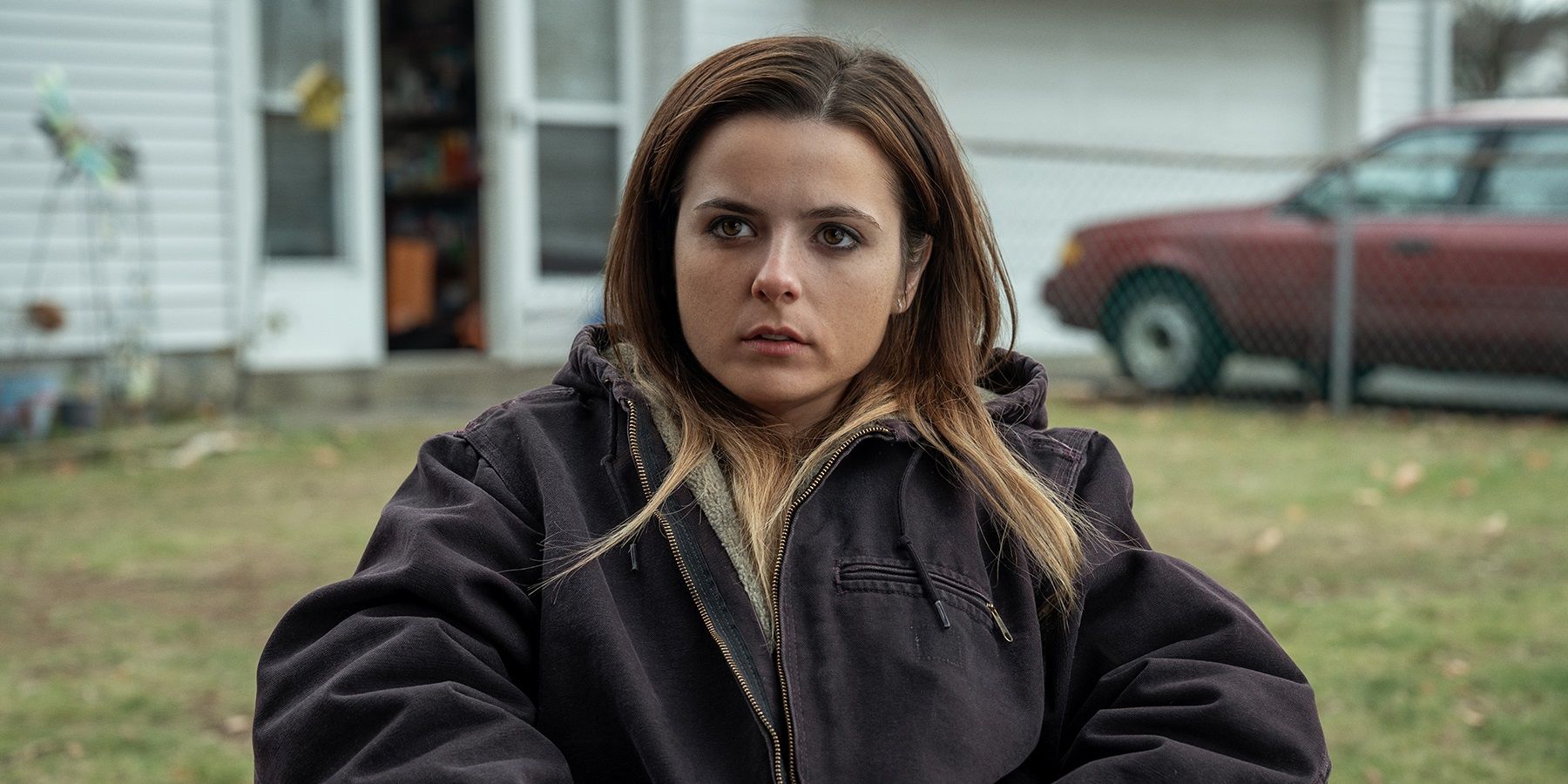
Out of all the women, was there one character, in particular, who was more difficult to create the right scenes for?
Claire Warden: I don't think there was one that was particularly more difficult. All of the actors are very involved in the creating of the choreography that sometimes we'll create for simulated sex. And we all start with, "These are the details of the story we're telling, the act that's happening," and then how we want it to be seen depends where the camera goes and what our lighting is. I suppose challenging, in the way of real attention needed to be paid to, is Maggie's story and the contact that happened there because it is such a combination of situations in that we are telling the story of a coercion.
We are telling the story of a woman who is not old enough to really understand the ramifications of this physical relationship that she's getting into with someone that had a responsibility to protect her, and the complexity of it's still physically pleasurable, and in that moment, she felt love and wanted and craved that connection, and in the back of her mind, something about that was unsure. What we want to do is not simplify or make that story too easy to just discount, "Oh, he's a monster. She had no choice, boom."
Because if we discount that, we're discounting the truth of Maggie's life experience, and we're also not making a space for the hundreds of people that have been in that situation to really be seen that it wasn't black and white, it wasn't jumping out of a dark alley, and you had no idea. It's very complex in those kind of emotionally manipulative, coercive situations. So we really wanted to be very detailed and pay deep attention to the full breadth of their experience in that.
Whereas you look at someone like Lina, where intimate touch is so enlivening for her and bringing her back to this craving she's had for sensual touch and care, that every touch just expands her and explodes her, and we get to see her almost floating in it, and this joy coming out of it. It's a very different type of physical storytelling, but we also had to really honor that in her, because that's her drive throughout the story that we see of her.
I saw that you also worked on the new Romeo and Juliet Broadway show.
Claire Warden: Yes. It's so exciting, it's so dynamic. I'm so happy to be part of it and proud of what we've created. It feels so raw and joyful and desperately sad, and it's violent and it's sexy and it's funny and there's music and there's brilliant verse. It's everything.
Masking Is Often Used To Give The Appearance Of Intimacy In Theater
"That's some of our magic. That works from a 360-degree angle at all heights."
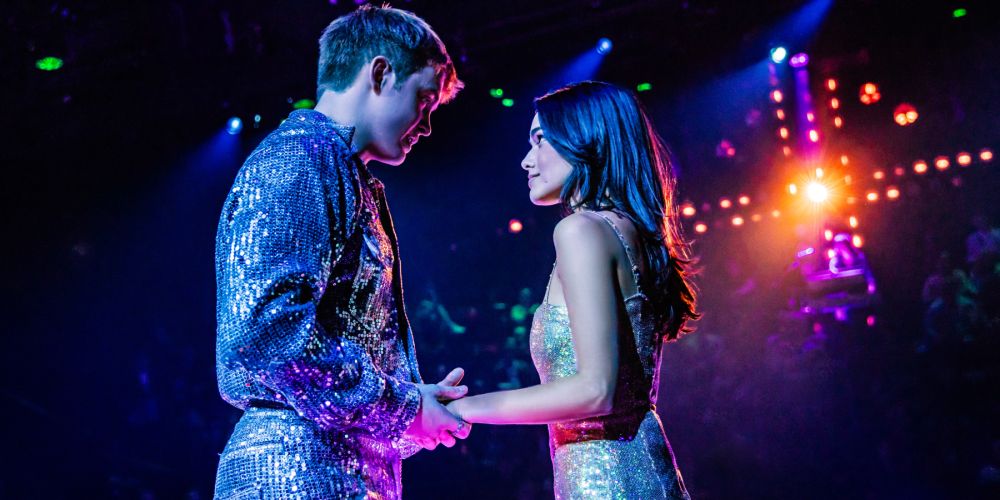 Photo Credit: Matthew Murphy and Evan Zimmerman
Photo Credit: Matthew Murphy and Evan Zimmerman How do you approach intimate scenes in front of a live audience versus framing them for the camera?
Claire Warden: There are big differences. Foundationally, the approach is the same, which is the actors' right to agency and autonomy over their body and crafting the story that we want to tell within their needs and boundaries so that they get to do their most powerful connected work. The difference in doing it for a live audience is that what we create—that physical story—the choreography needs to stay exactly the same so it tells the same story and remains within their boundaries and is done eight times a week for months.
And so we have to craft it really specifically in a way that's sustainable for them to do that often. Whereas on film, we'll have a number of takes, and we'll have a couple of setups, but once you've shot that film, that scene, that's it. You never go back to it. It's disappeared into the ether, and we never revisit it, so it's a different kind of container for the storytelling. A big consideration is where the audience is watching from. In film, obviously we determine exactly where the eye of the audience is because it's just what we see in the lens.
In a theater, depending on where people are sitting, they get a different angle. The story can look different depending on where you're sitting. Romeo and Juliet is in the round, which means the audience is completely surrounding the stage and the stage is below the audience, so the audience rakes up. So we need to make sure that it's clear and tells this physical story. What we do is called masking, which is where it looks like something's connecting, but it's not, but you can't quite see it because something's in the way. That's some of our magic. That works from a 360-degree angle at all heights. That's a technical challenge for me.
Lastly, are you hoping to go back to acting one day, or do you feel like you found your calling as an intimacy coordinator?
Claire Warden: Both. I have found my calling as an intimacy director and coordinator, and I love the work, and I'm dedicated, not only to keep doing it, but to build the foundation of it within our industry so it's established and an integral part of the projects—all projects that get made that need it. I do miss acting.
I spent over 25 years of my life doing it solely. I do want to go back to it when things are set up, and I can step away a little bit sometimes. Yes, I'd love to go back and do it. It's where my soul really gets to grow and thrive. I learn a lot about acting when I'm intimacy directing, and I'll probably learn a fair amount about intimacy directing when I go back to acting. I think we can learn a lot when we step into a different perspective. And I miss it. I do miss it.
About Three Women On Starz
Created and based on the book by Lisa Taddeo
“Three Women” finds three women on a crash course to radically overturn their lives. Lina (Betty Gilpin), a homemaker in suburban Indiana, is a decade into a passionless marriage when she embarks on an affair that quickly becomes all-consuming and transforms her life. Sloane (DeWanda Wise), a glamorous entrepreneur in the Northeast, has a committed open marriage with Richard (Blair Underwood), until two sexy new strangers threaten their aspirational love story.
Maggie (Gabrielle Creevy), a student in North Dakota, weathers an intense storm after accusing her married English teacher (Jason Ralph) of an inappropriate relationship. Gia (Shailene Woodley), a writer grieving the loss of her family, persuades each of these three spectacular "ordinary" women to tell her their stories, and her relationships with them change the course of her life forever.
Check out our other Three Women interviews here:
- Betty Gilpin
- DeWanda Wise & Blair Underwood
- Gabrielle Creevy & Laura Eason
- Shailene Woodley & Lisa Taddeo
Three Women is currently available to stream on Starz, with new episodes airing Fridays.
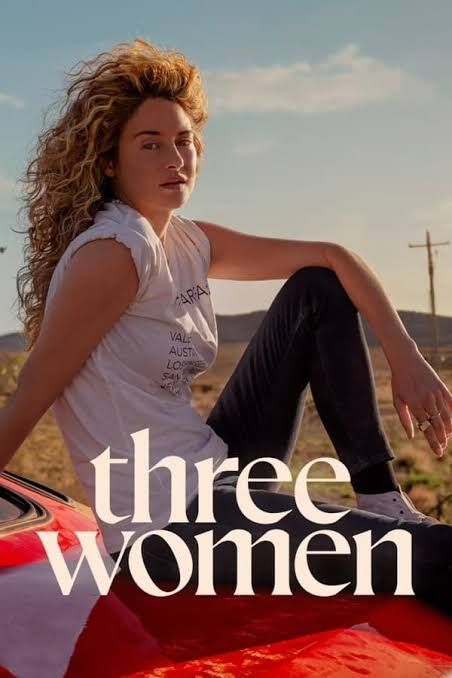
"Three Women" follows the intertwined lives of Sloane, Lina, and Maggie, each facing unique challenges in their personal and romantic lives. Sloane, a successful businesswoman, explores the boundaries of her open marriage. Lina, stuck in a passionless marriage, finds herself in a transformative affair. Maggie, a young student, navigates the repercussions of a controversial relationship with her teacher.
Cast Betty Gilpin , DeWanda Wise , Shailene Woodley , Blair Underwood , Gabrielle Creevy
Release Date September 13, 2023
Seasons 1
Creator(s) Lisa Taddeo

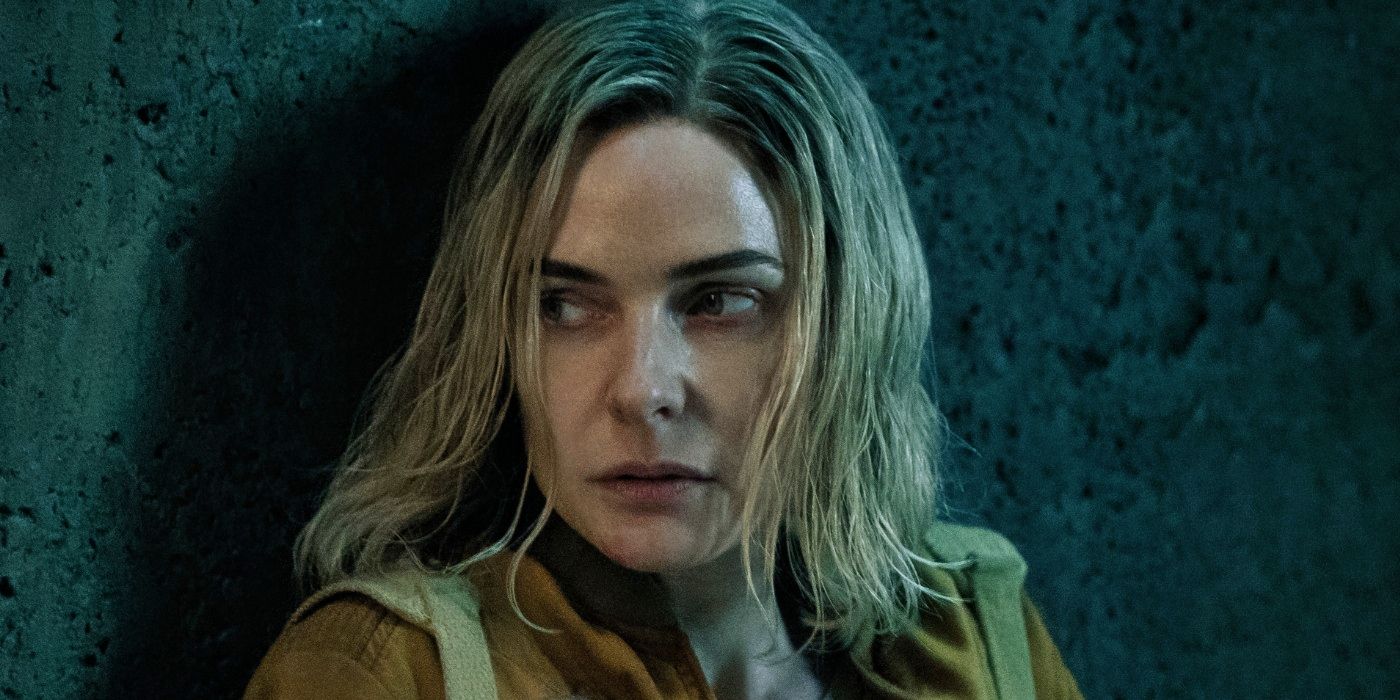
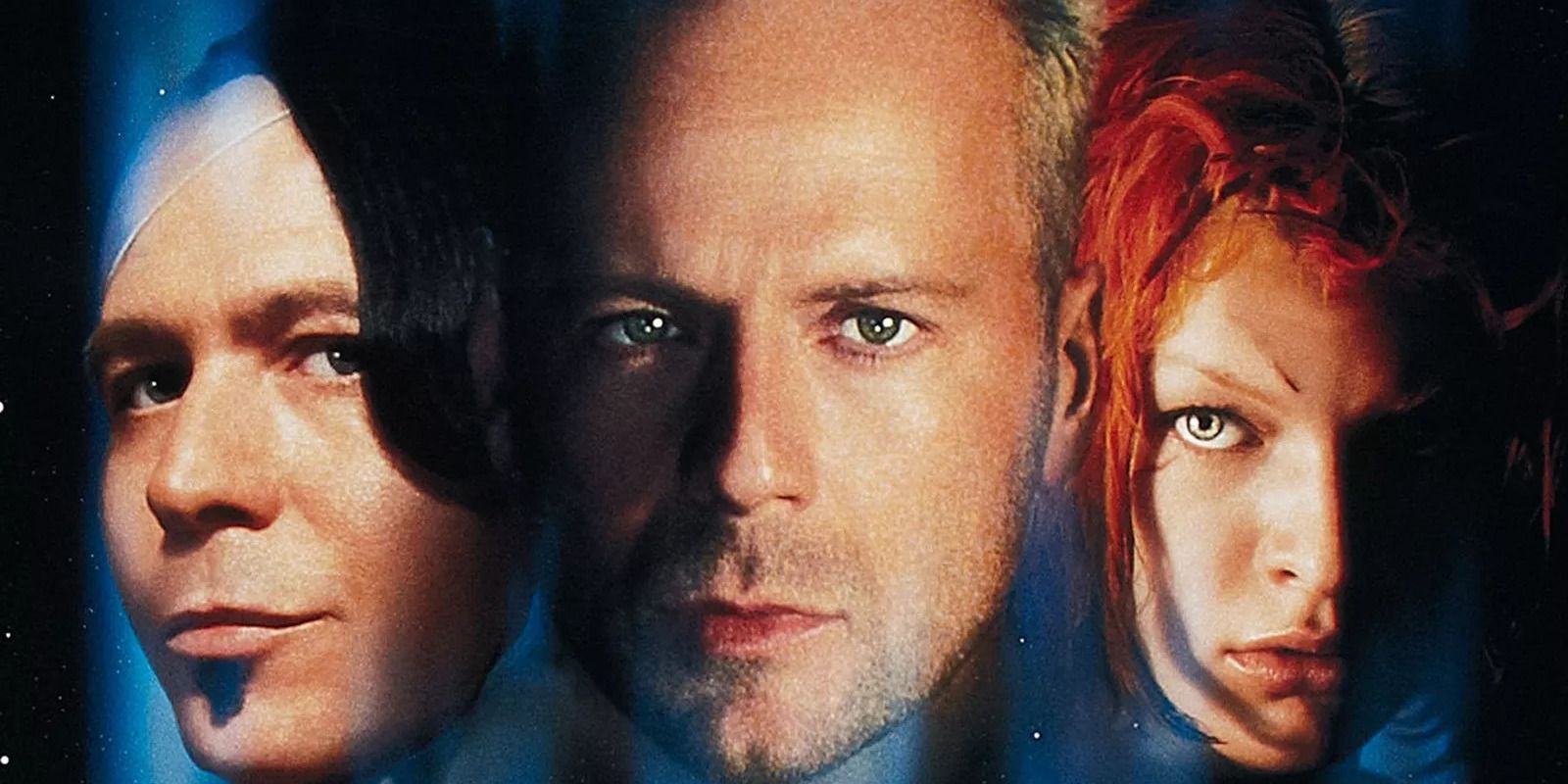

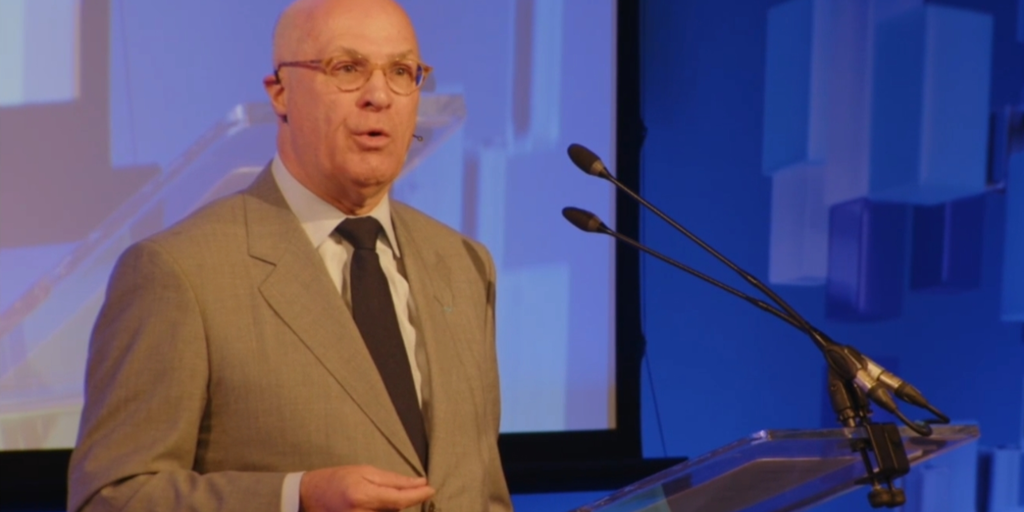




 English (US) ·
English (US) ·